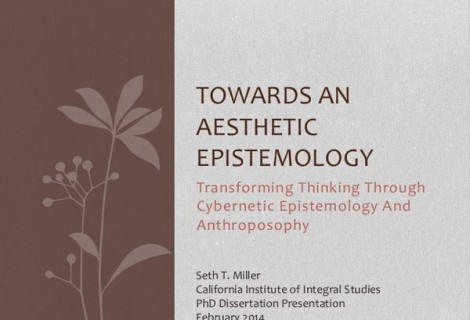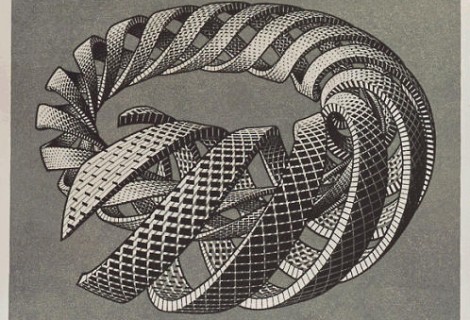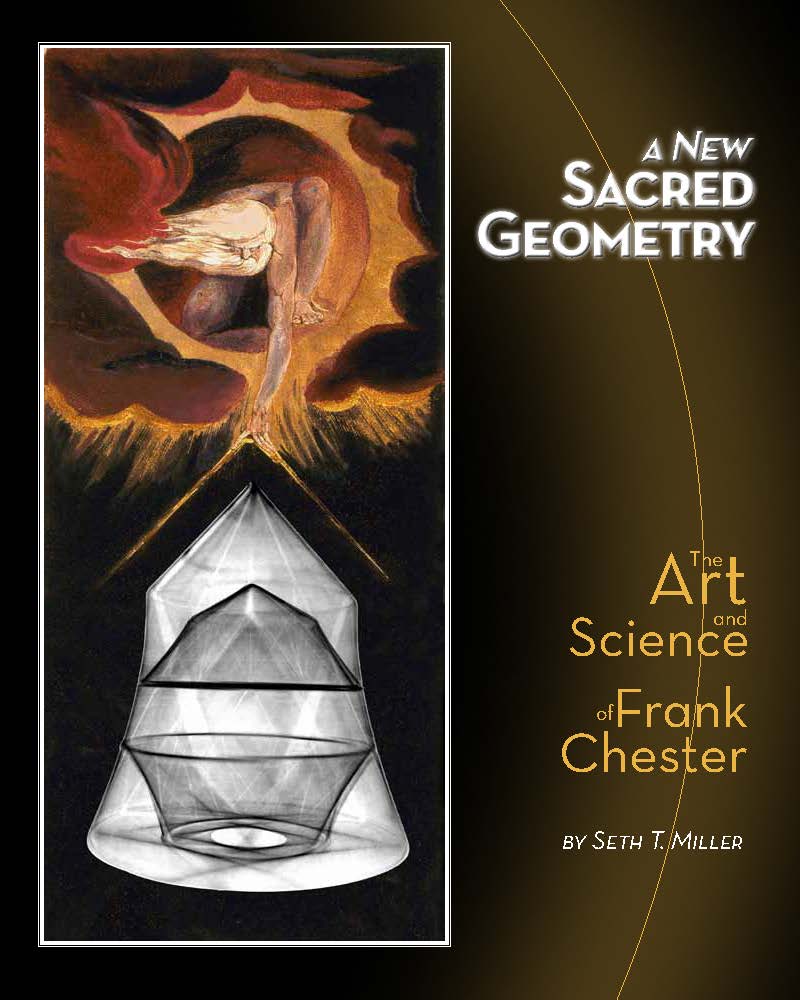On “The Moral Collapse of the University” by Bruce Wilshire
As a philosopher and an educator, I enjoyed Wilshire’s book. Quite a number of his experiences parallel my own with regards to teaching and the self-reflective processing and mulling over the ‘educational act’. I felt very at home with a number of his statements, like “we arrive at the capital feature of the educating act: self-awareness, or self-reflexivity” (Wilshire, 1990, p.27), or my favorite, “The ultimate educating force is who I am” (Wilshire, 1990, p.31 – italics mine).
These two statements are old-hat for Waldorf teachers (of which I am one), and I found most of what Wilshire brought in regards to his educational analysis familiar territory — but this is a good thing, as the educational philosophy behind Waldorf education is to educate the whole child. Much modern education lacks an awareness of the importance of consciously developing not only an open face-to-face relationship with one’s students, but also — going much further than Wilshire — developing an open spiritual relationship as well, through contemplative practices. And of course we should also play with the above statements by Wilshire in a cybernetic context: the educating act calls forth self-reflexivity through its realization, while self-reflexivity opens vast arenas of potential educability. Likewise, the force of education helps make us who we are, and who we are as educators.
I am grateful that Wilshire so adroitly points out the various cultural forces that worked to create the over-professionalization we have today — recognizing these causes is both enlightening and freeing. I especially appreciate his remark that “the organizing center of the university ought to be the organizing center of the developing human person” (Wilshire, 1990, p.85). In other words, I see Wilshire calling for the re-humanization of education, the recognition that education is not about knowledge, but about the development of human beings (Wilshire speaks of the returning the university to the “human scale” (Wilshire, 1990, p. 226)).
In this way, Wilshire parallels Rudolf Steiner’s view (as the originator of Waldorf education) that education is for the soul what medicine is for the body: a bringing to harmonic wholeness of diverse aspects. We are presently suffering from an overdevelopment — using the body metaphor that Wilshire favors — of the head. Specifically, we have brought education out of the realm of the heart and the hands, which have become atrophied, almost useless remnants when forced to squeeze themselves through the tight gates of academia. Education, to be a source of life, of passion, of deep inquiry and engagement, must explicitly and integrally include what in the body manifest as the rhythmic and metabolic realms. The techniques of much of modern education (I’m thinking here of grades, testing, quantitative reductionism, departmentalization, and so forth), from an alchemical perspective, are too heavy on the salt and too light on the sulfur, with almost NO mercury to be found. I won’t go on about these metaphors, although they are what we could call exact analogues.
Wilshire, in his language, points out the continual presence of ‘archaic’ forces, while showing how the university lacks awareness of the process of ‘mimetic engulfment’ and its concomitant effects on the thoughts and actions of both the professors and the students. And of course he continually relates both these aspects to the willfully obfuscated sense of the self as a ‘body-self’, with all the unrecognized or semi-recognized purification rituals which subersively accompany the imbalance:
“The failure to grasp the concept of body-self means the failure to grasp the utter inability of seventeenth-century psycho/physical dualism to grasp the nature of knowledge and the knower, the reality of the human situation” (Wilshire, 1990, p. 183).
We could just as easily point out the same drama via the polarity of Apollo/Dionysus (Wilshire mentions this in passing on p. 225 and p.230), nervous/metabolic, salt/sulfur, male/female, contraction/expansion, centric/peripheral. In every case what is missing is the third aspect: Eros, rhythm, mercury, the universal human, and the dynamic, responsive and evolving membrane; Wilshire speaks of the ‘reciprocating field’ (Wilshire, 1990, p. 224), a physicist might talk about entanglement, and Western esotericist the Cosmic Christ.
That “education is basically a moral relationship between persons devoted to truth” (Wilshire, 1990, p.229) is a much more sane approach than what presently passes for education is without much doubt for those of us who have experienced both sides of the screen, as it were. His call to reclaim, following Wordsworth, the “feeling intellect” (Wilshire, 1990, p.231) is a call put forth much more directly and strongly in regards to education by Steiner almost a hundred years ago. He recognized that education must fit the reality of the developing human being, not vice-versa, and partly for this reason included practical arts as well as aesthetic arts in addition to more intellectual topics — all of which were presented in time to work with whatever stages of body, soul, and spirit growth the child was experiencing. Steiner also embodied and presented the model of the educator as model, in which the presence of the educator is more educating for life than any specific verbalization of concepts, even if those concepts are about life.
Wilshire’s last chapter on Reclaiming the Vision of Education: Redefining Definition, Identity, Gender was the most juicy for me. I appreciate his delving into the need to reframe the discussion in a way that includes the feminine aspects of the situation. His suggestion (following Dinnerstein) that male and female parents take a nearly equal hand in raising children (Wilshire, 1990, p.271) is probably a bit oversimplistic, although I’d love to see it happen!!! A crucial aspect, as he points out, is that we desperately need “examples of meaningful human lives, [which] must be provided first and foremost in person” (Wilshire, 1990, p.230). By human, I presume, he means human qua human universalis, or perhaps human archetypus, for the central mystery of the archetype is that it is both universal and particular, both dynamically evolving and homeostatic… just like us.




